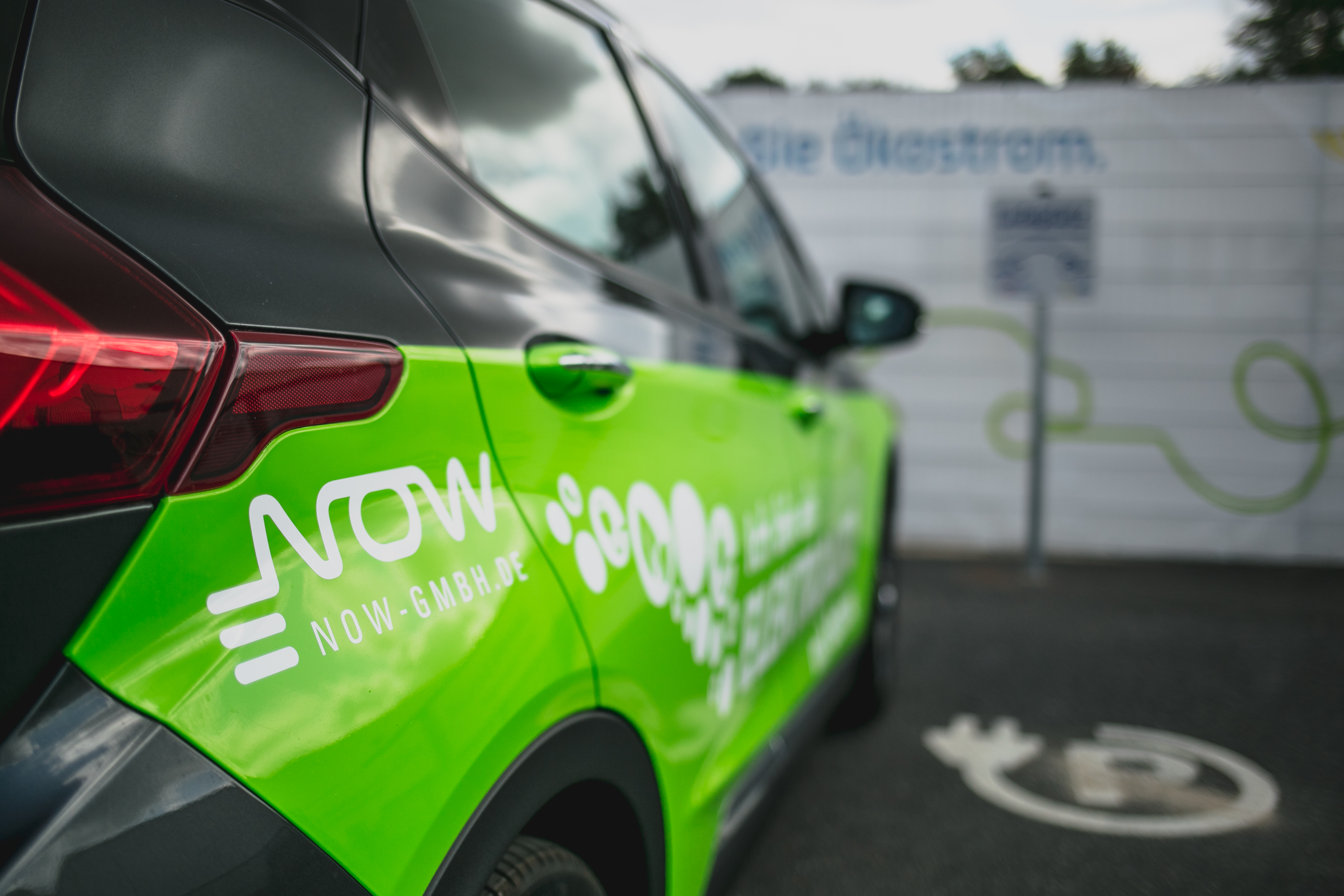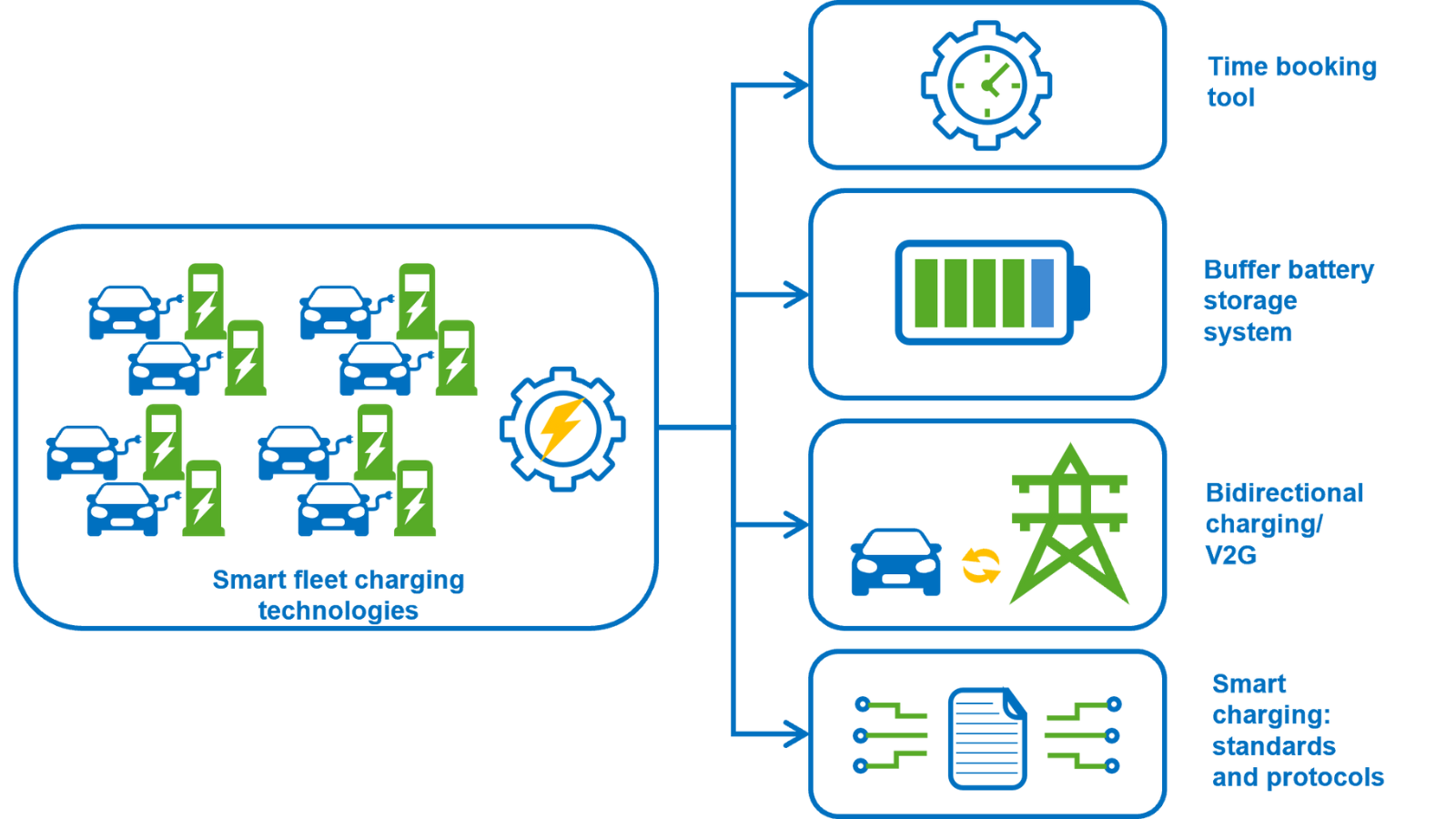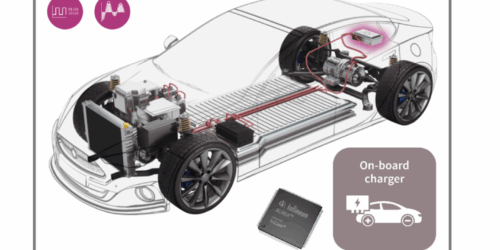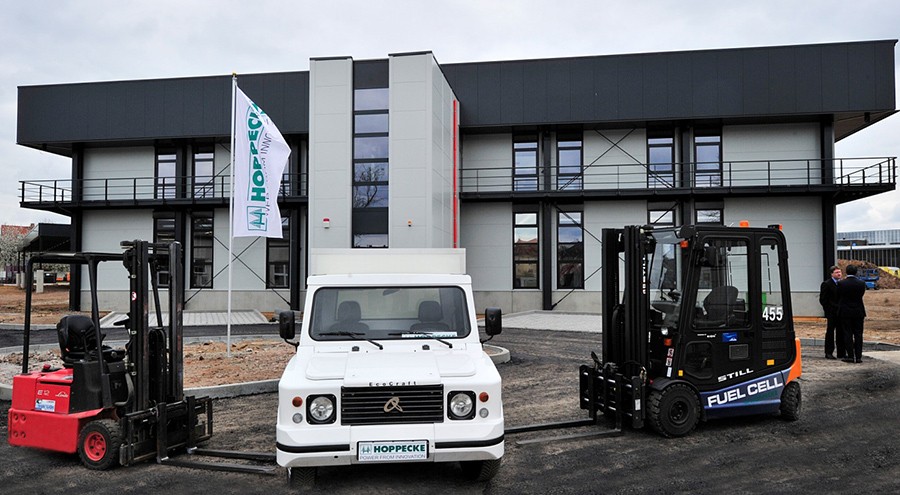Funding for Electromobility

Battery-electric mobility is a key technology for designing a sustainable transport system and achieving climate protection goals in transport. As the market ramp-up progresses, it is making a noticeable contribution to climate protection and the urgent improvement of air quality, especially in cities. Last but not least, electromobility also offers important industrial policy opportunities for Germany as a business location.
With the Electromobility Funding Guideline, the Federal Ministry for Transport (BMV) has been supporting the market ramp-up of electromobility since 2015 with a broad range of funding for various target groups. The programmatic design and support of the funding guideline is carried out by NOW GmbH.
Projektträger Jülich (PtJ) is responsible for the implementation under funding law and is the contact partner for all administrative issues.
The funding offer covers the following priorities:
- Investments: the conversion of municipal and commercial vehicle fleets to battery-electric vehicles and the necessary charging infrastructure,
- Concepts: the creation of municipal and commercial electromobility concepts and
- Innovations: research and development projects in the context of electromobility.
The funding guideline was revised in 2023 and published in the Federal Gazette (BAnz) on July 26, 2023, and continues the BMV’s previous funding offer from 2015 to 2020. The guideline runs until the end of 2026.
Downloads & Links
Documents for funding:
More on electromobility with batteries on our topic website. Analyses and reports can be found in our Electromobility MONITOR:



